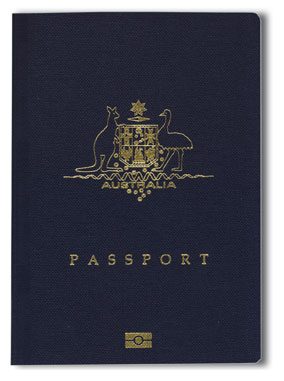
As we move online, the definition of a community changes. Our neighbors aren’t just those people physically near us, but those we hang out with. This flexible definition of a community has serious repercussions for law and social morals: when we find kindred spirits online, we start thinking that everyone is just like us. At the same time, different communities hold us to different standards, and now that those communities leak into one another we need to apply context to our judgement.
In the 1970s bestseller The Joy Of Sex, we learn about a man who could only be aroused in a bathtub full of spaghetti. Back then, he probably led a lonely, normal life — albeit one in which he bought a lot of pasta and had a higher water bill than his neighbors. It’s unlikely that he had friends who shared his particular turn-on. Read more »









 @
@ Tags:
Tags: 





 Like all images on the site, the topic icons are based on images used under Creative Commons or in the public domain. Originals can be found from the following links. Thanks to
Like all images on the site, the topic icons are based on images used under Creative Commons or in the public domain. Originals can be found from the following links. Thanks to